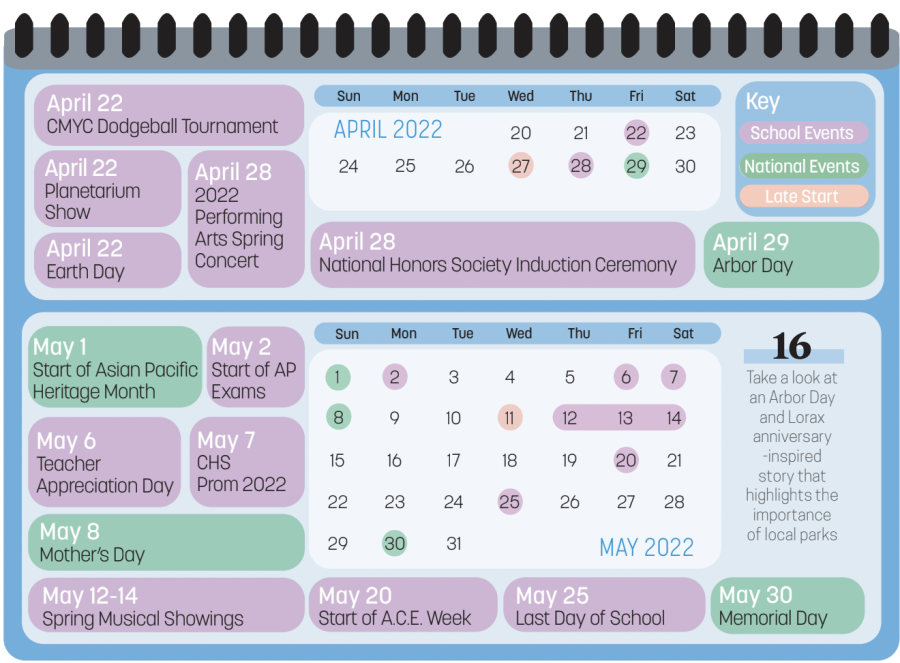Just four years before, Mitt Romney’s Mormon faith may have served as a red flag to average Americans. They would have labeled him “an untrue American,” ill-equipped to serve as a politician for the United States. They would have deemed him an outsider. In fact, many did. But recently, circumstances have changed as some Americans have embraced his religion and regarded it as irrelevant when considering the bigger picture. But while Romney seems to be two steps ahead of the next Republican candidate, his faith is still alarming to other voters.
It is understandable that one would lean on religion as a deciding factor when voting. After all, religion humanizes a candidate and assures that he has your best interests at heart. But to a certain degree, a candidate’s faith can blind voters from the true job description of a commander in chief. Religion should serve as a stepping-stone to a candidate’s policies. It’s a worthy starting point to explore, for a candidate’s temperament can stem from his faith. But ultimately, the decision should rest with a candidate’s policies and what he plans to carry out in office.
According to a recent article from the New York Times, Mitt Romney was predicted to have a fighting chance in South Carolina, despite the state’s heavy influence of Christianity. Only one percent of the state belongs to the Church of Jesus Christ of Latter-day Saints, the formal name of the Mormon Church. But as Romney’s campaign has stated, “Today, Christian conservatives are supporting Mitt Romney because he shares their values- the sanctity of life, the sacredness of marriage and the importance of the family.”
In the end, religion almost always leads to two debates: abortion and gay rights. Hate fueled by opposing viewpoints has led to division in the past, even becoming labels for a candidate. Four years ago, President Barack Obama attracted his own hate group when he expressed his position on abortion as pro-choice. Even during election season, when advertisements roll onto the TV screen, these issues are mentioned. At times, they’re the highlight of the commercial. In 2008, republican candidate John McCain released a commercial with the video of an ultrasound, followed by words of hopes and dreams the fetus might grow to have, indicating McCain’s pro-life stance. Then the white words appear against the black screen, “Don’t vote for a murderer.”
But the fact of the matter is, once a candidate reaches office, those issues sink to the bottom of his list of worries. His alarming concern? In this economy, it would probably point to creating jobs for those without any.
In a November poll conducted by Time Magazine, the young and the old, the Democrats and the Republicans, the male and the females, have all come to an agreement that employment is the issue they now consider most. 69 percent of the Millennial Generation, ranging from 18 to 30 years of age, placed employment at the top of their list, while 52 percent of the Silent Generation, ranging from 66 to 83 years of age, did the same.
Although religion plays a role in a voter’s decision, it should not be the ultimate concern. What may result is a voter blurring the lines between faith as an aspect and faith as the only aspect. It comes down to the question: Does religious conviction play a factor in a candidate’s values, or is it the pure deciding factor? Religion should open a window to a presidential candidate’s character. But never should it define him.



















![Joseph Broman, Mu Alpha Theta sponsor, grades tests for his honors precalculus/trigonometry class. Broman said, “I’m retiring from the Math Club next year and I’m just going to do Mu Alpha Theta so I can focus on that one and we can do more [speaker series] first semester.”](https://hilite.org/wp-content/uploads/2024/03/IMG_9502-1200x900.jpg)










![British royalty are American celebrities [opinion]](https://hilite.org/wp-content/uploads/2024/03/Screenshot-2024-03-24-1.44.57-PM.png)


![The new “Kung Fu Panda 4” movie: a journey of growth, self-realization and adventure [opinion]](https://hilite.org/wp-content/uploads/2024/03/po-1200x588.png)


















![Review: “The Bear” sets an unbelievably high bar for future comedy shows [MUSE]](https://hilite.org/wp-content/uploads/2024/03/unnamed.png)
![Review: “Mysterious Lotus Casebook” is an amazing historical Chinese drama [MUSE]](https://hilite.org/wp-content/uploads/2024/03/0.webp)
![Thea Bendaly on her Instagram-run crochet shop [Biz Buzz]](https://hilite.org/wp-content/uploads/2024/03/IMG_0165-1200x838.jpg)
![Review: Sally Rooney’s “Normal People,” is the best book to read when you are in a time of change [MUSE]](https://hilite.org/wp-content/uploads/2024/03/20047217-low_res-normal-people.webp)
![Review: “One Day” broke me for the second time, but this time it hurt worse [MUSE]](https://hilite.org/wp-content/uploads/2024/03/unnamed-8.png)
![Review in Print: Maripaz Villar brings a delightfully unique style to the world of WEBTOON [MUSE]](https://hilite.org/wp-content/uploads/2023/12/maripazcover-1200x960.jpg)
![Review: “The Sword of Kaigen” is a masterpiece [MUSE]](https://hilite.org/wp-content/uploads/2023/11/Screenshot-2023-11-26-201051.png)
![Review: Gateron Oil Kings, great linear switches, okay price [MUSE]](https://hilite.org/wp-content/uploads/2023/11/Screenshot-2023-11-26-200553.png)
![Review: “A Haunting in Venice” is a significant improvement from other Agatha Christie adaptations [MUSE]](https://hilite.org/wp-content/uploads/2023/11/e7ee2938a6d422669771bce6d8088521.jpg)
![Review: A Thanksgiving story from elementary school, still just as interesting [MUSE]](https://hilite.org/wp-content/uploads/2023/11/Screenshot-2023-11-26-195514-987x1200.png)
![Review: When I Fly Towards You, cute, uplifting youth drama [MUSE]](https://hilite.org/wp-content/uploads/2023/09/When-I-Fly-Towards-You-Chinese-drama.png)
![Postcards from Muse: Hawaii Travel Diary [MUSE]](https://hilite.org/wp-content/uploads/2023/09/My-project-1-1200x1200.jpg)
![Review: Ladybug & Cat Noir: The Movie, departure from original show [MUSE]](https://hilite.org/wp-content/uploads/2023/09/Ladybug__Cat_Noir_-_The_Movie_poster.jpg)
![Review in Print: Hidden Love is the cute, uplifting drama everyone needs [MUSE]](https://hilite.org/wp-content/uploads/2023/09/hiddenlovecover-e1693597208225-1030x1200.png)
![Review in Print: Heartstopper is the heartwarming queer romance we all need [MUSE]](https://hilite.org/wp-content/uploads/2023/08/museheartstoppercover-1200x654.png)













![Review: Ladybug & Cat Noir: The Movie, departure from original show [MUSE]](https://hilite.org/wp-content/uploads/2023/09/Ladybug__Cat_Noir_-_The_Movie_poster-221x300.jpg)

![Review: Next in Fashion season two survives changes, becomes a valuable pop culture artifact [MUSE]](https://hilite.org/wp-content/uploads/2023/03/Screen-Shot-2023-03-09-at-11.05.05-AM-300x214.png)
![Review: Is The Stormlight Archive worth it? [MUSE]](https://hilite.org/wp-content/uploads/2023/10/unnamed-1-184x300.png)



